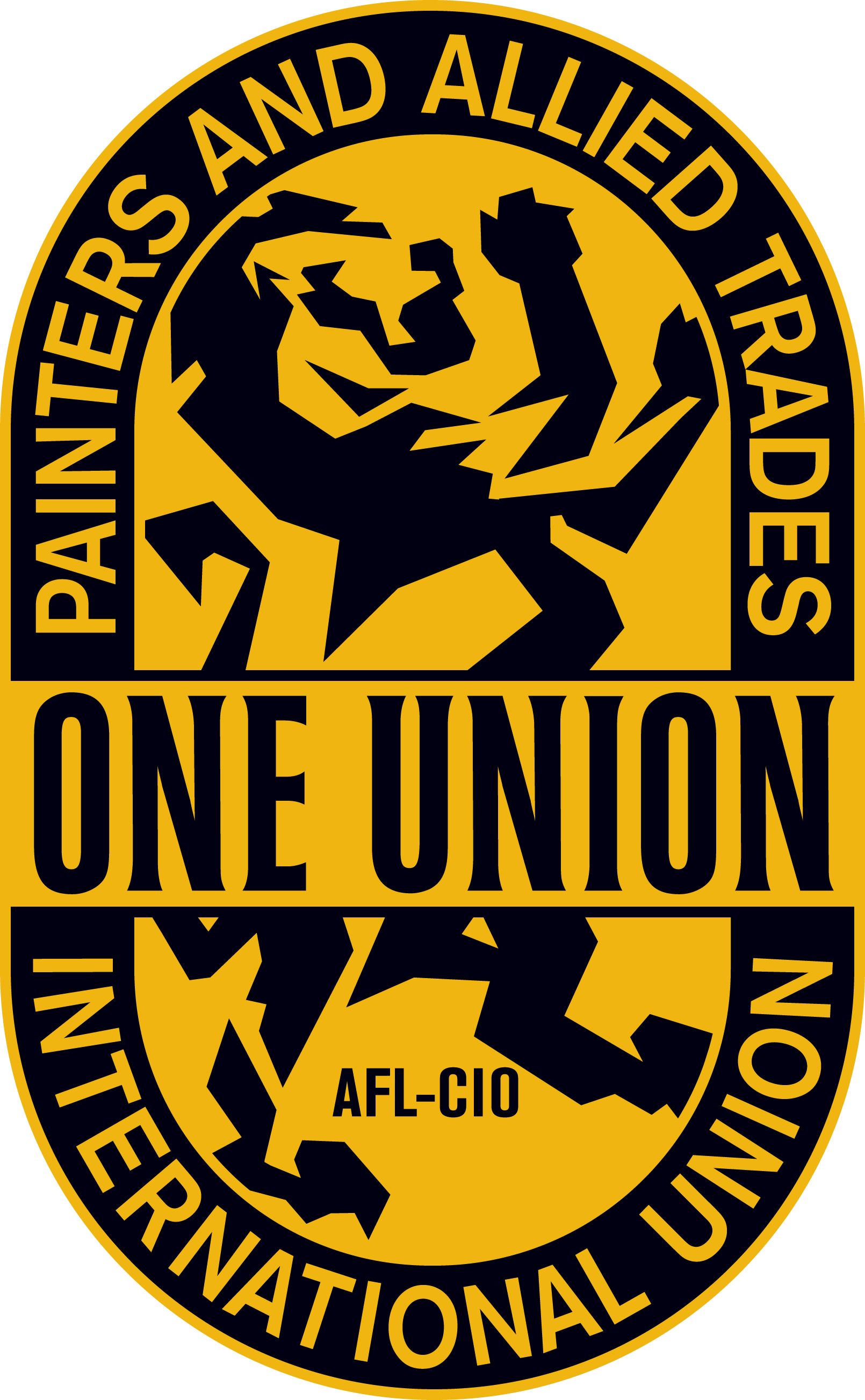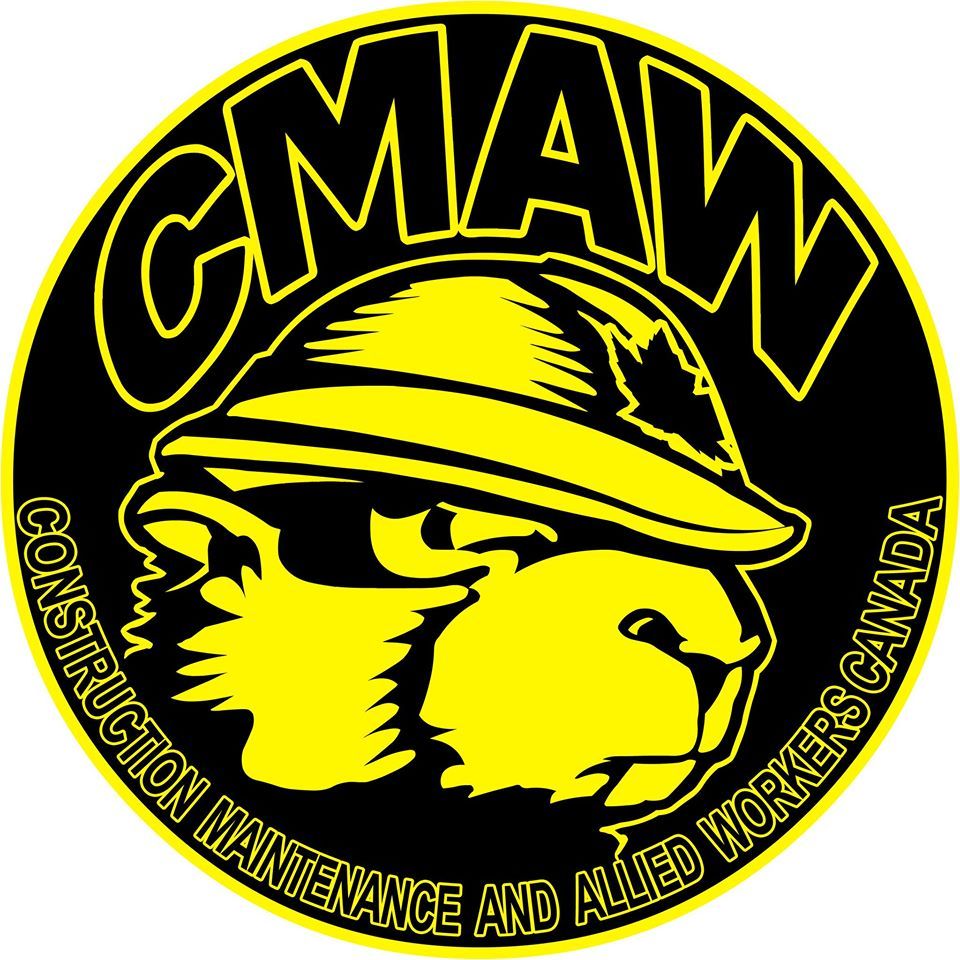American and Canadian unions work to protect jobs, wages and migrant workers

As the pandemic continues its rampage in North America, BWI-affiliated trade unions launched numerous initiatives to protect the jobs and wages of their members and workers in general, especially immigrant and migrant workers. This was fully chronicled in BWI’s COVID-19 News Brief on North America.
In the United States, the International Union of Painters and Allied Trades (IUPAT) campaign around a platform that included 4 pillars designed to protect jobs and workers: (1) immediate cash infusion and extended medical leave; (2) healthcare protections for both the insured and uninsured; (3) bolster/secure retirement plans; and (4) additional investment in American infrastructure.
Meanwhile, the International Association of Sheet Metal, Air, Rail and Transportation Workers (SMART) called for the reinstatement of thousands of railroad workers who were laid off in recent years to help in transporting PPE supplies around the country.

In Canada, trade unions pushed the government to implement the Canada Emergency Response Benefit (CERB) and the Canadian Employment Wage Subsidy (CEWS) covering 75% of wages. Unifor, Canada’s largest private sector union, lobbied for funding for public transit, which the government of British Columbia decided to provide on 8 May for Vancouver. The United Steel Workers (USW) similarly called for additional government interventions that would further assist and protect workers.

Trade unions also called for added protection for immigrant and migrant workers. While documented immigrant workers can generally access the same COVID-19 benefits as non-immigrant workers in both the U.S. and Canada, undocumented workers do not receive any benefits under the CARES Act. The situation of Temporary Foreign Workers is also precarious.
BWI affiliates also called for better protection, living conditions and working conditions for migrant workers, noting that the crowded accommodation in which they live and work are conducive to spreading COVID-19.
